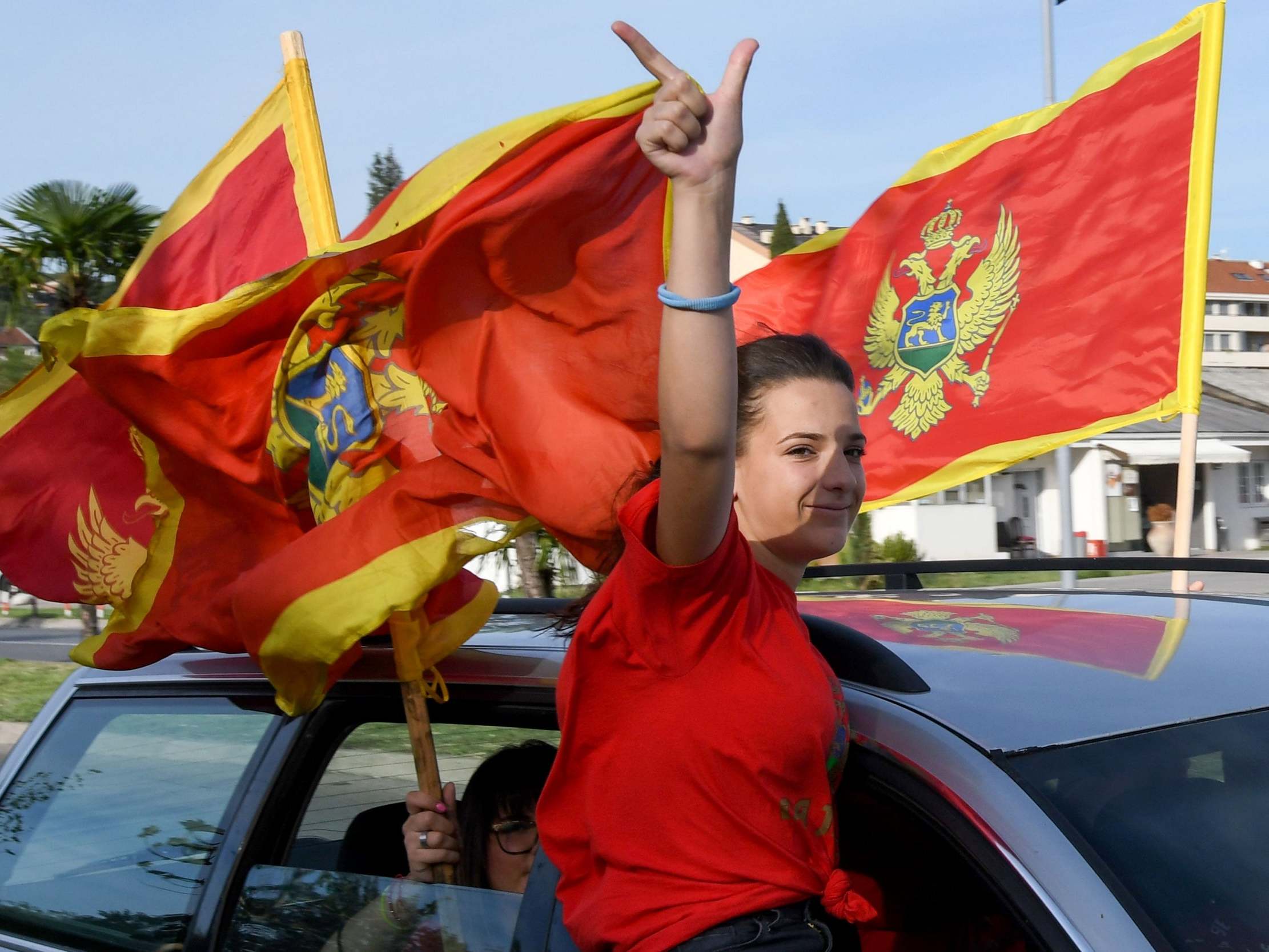Montenegro set for tight election between pro-western party and pro-Russian alliance
Neither the incumbents nor the nationalists are likely to be able to form a government alone

Your support helps us to tell the story
From reproductive rights to climate change to Big Tech, The Independent is on the ground when the story is developing. Whether it's investigating the financials of Elon Musk's pro-Trump PAC or producing our latest documentary, 'The A Word', which shines a light on the American women fighting for reproductive rights, we know how important it is to parse out the facts from the messaging.
At such a critical moment in US history, we need reporters on the ground. Your donation allows us to keep sending journalists to speak to both sides of the story.
The Independent is trusted by Americans across the entire political spectrum. And unlike many other quality news outlets, we choose not to lock Americans out of our reporting and analysis with paywalls. We believe quality journalism should be available to everyone, paid for by those who can afford it.
Your support makes all the difference.Montenegrins go to the polls on Sunday in a parliamentary election that looks too close to call, with neither the long-ruling pro-Western party nor a rival pro-Russian alliance tipped to win a majority of seats.
At stake is the political future of president Milo Djukanovic. He leads the Democratic Party of Socialists (DPS) and has governed Montenegro since the start of the break-up of federal Yugoslavia in 1990 and through the dissolution of its union with Serbia in 2006.
Staunchly pro-western, Mr Djukanovic has overseen Montenegro's ongoing efforts to qualify for membership of the European Union and was instrumental in securing its accession to NATO in 2017.
The vote pits the DPS against an alliance of mainly Serb nationalist parties seeking closer ties to Serbia and Russia.
Led by university professor Zdravko Krivokapic, it is backed by the powerful Serbian Orthodox Church, which holds daily protests against a law adopted last December that allows the state to seize religious assets whose historical ownership cannot be proven.
Montenegrins who identify as Serbs account for about a third of the 620,000 population. Most Montenegrins and Serbs share language and the Orthodox faith, and many Serbian citizens have roots and families in Montenegro.
The DPS has 42 deputies in the current 81-seat parliament, but polls suggest neither it nor the nationalists are on course to secure an absolute majority, making them reliant on coalition partners to form a government.
Polling stations will open at 7am (0500GMT) and close at 8pm. First partial results are due around 10pm.
Opposition leaders and democracy and rights watchdogs have accused Mr Djukanovic and his party of running Montenegro as their own fiefdom with links to organised crime.
They deny this, and Mr Djukanovic – who faces re-election as the country's president in 2023 – and his top associates have in turn accused Serbia and Russia of using the Church and the pro-Serb opposition to undermine the independence of the mountainous coastal republic.
Montenegro has also been combating a coronavirus outbreak that has infected more than 4,500 people, caused 89 deaths, and gutted the Adriatic tourism that is a key driver of its economy.
Reuters
Join our commenting forum
Join thought-provoking conversations, follow other Independent readers and see their replies
Comments